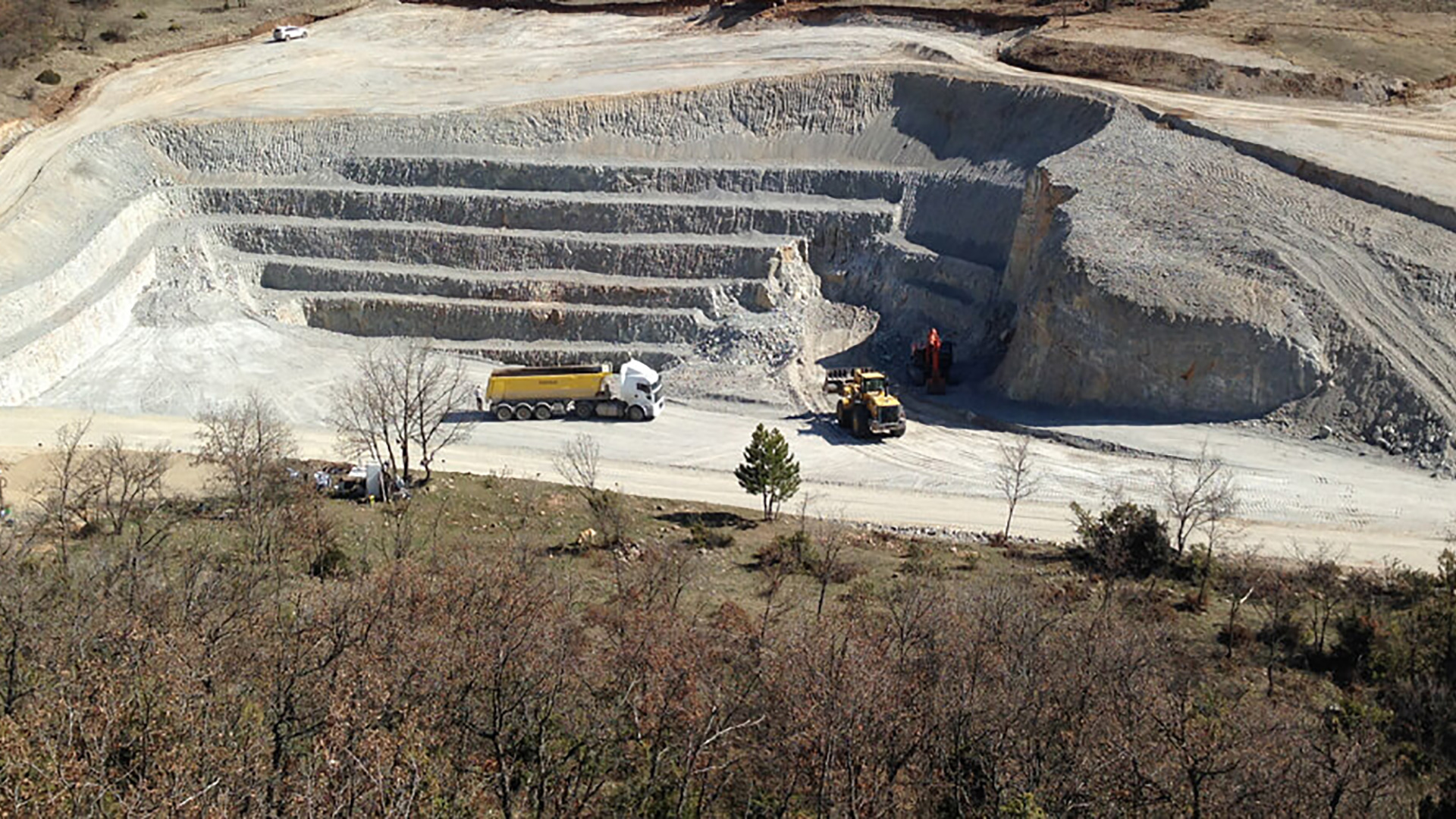You’ve probably noticed the little white rocks in potting soil and soil combinations; it’s Perlite. Perlite, a versatile mineral with applications extending beyond gardening, is known for its excellent aeration, water retention, and drainage properties as a growing medium. Any media with which it is used, such as cement, loose-fill insulation, and masonry building, is aerated by the use of this non-decaying addition.
Perlite can be utilized in a variety of items, from consumer products to industrial applications, to filter the water in swimming pools, as an abrasive, and for a host of other purposes. One notable application is in Perlite insulation, where it contributes to enhancing the insulation properties of structures.
So what exactly is perlite, and what characteristics lend to its adaptability?
Perlite is a glassy volcanic rock that occurs spontaneously when lava cools quickly in water, trapping the water inside the molten glass. It swells up to 16 times in volume and pops like popcorn when heated to extremely high temperatures, creating a product that is up to 20 times less thick after popping than it was when it was first created. One of the numerous factors contributing to perlite’s versatility is its capacity to grow while yet maintaining a low weight density.
The distinctive qualities of perlite account for its adaptability:
- Lightweight
- Fireproof
- Clarifying
- Insulating
- Sterile
- Permanent
- Pest-Proof
- Decay-Proof
- Absorbent
Applications For Perlite Include:
- Insulation against ambient and low temperatures: Perlite is used as a core filler in wallboards, as insulation for walls, in the construction of portable coolers and ice chests, as well as for roof decking, concrete blocks, and concrete floor fill.
- High-Temperature Insulation: Perlite is utilised as a crucible top, in moulds, ovens, and foundry cores.
- Perlite is utilised as a pipe-covering in coaxial tubing, pour-in pipe insulation, compression mouldings, and hard-setting formulations. Medium- to high-temperature insulation.
- Cryogenics: Perlite aids in the containment of super-cooled gases used in transport containers and stationary industrial units.
- Granules are a cheap addition used in low-density water and mud-based drilling as well as for cementing oil wells.
- Perlite is a fireproof, inert, and inorganic material that is used to fireproof rooms, doors, and safes as well as chimney linings.
- Acoustic Applications: Perlite’s special sound-absorbing qualities make it perfect for use in ceiling tiles, plasters and mortars, as well as in walls designed to muffle road noise.
- Perlite is used in horticulture in a variety of ways, including as a soil conditioner, a seed coating, a seed starting medium, a growing medium for hydroponic gardens, and a material for creating green roofs.
- Perlite is helpful in non-load-bearing fill, covering tunnel walls and pipelines, making bricks and tiles, pottery, refractories, and lightweight aggregate concrete, among other applications.
- Absorption: Perlite’s special absorption qualities make it useful for reducing pollutants and cleaning up environmental mishaps like oil spills. In this fashion, it can also be utilised for pelletized seed and as a vehicle for insecticides and herbicides that contain agricultural chemicals.
- Perlite as an agricultural additive: improves the health of the environment by reducing odour and absorbing moisture in poultry and pet litter. Moreover, it is frequently utilised as a carrier for nutrients and veterinary medications as well as to prevent caking in animal feed.
- Perlite can be further processed to provide a superior filter medium after expansion, including grinding and classifying.
- Air filtration: To prevent solid and dust particles from entering a workplace, baghouse dust collectors are frequently pre-coated with perlite.
- Filtration of liquids: Perlite is useful for filtering liquids including beer, wine, sugar, juice, edible oils, and citric acid. Moreover, it is a component in the processing of biodiesel, storm water runoff, and potable water, as well as being utilised as a filter in the production of pharmaceuticals.
You can also read: Vermiculite vs. perlite: What’s the difference?
Our Perlite products offer versatile solutions for various applications. They can be employed when the application requires smaller particles or if the production process involves moisture. Additionally, Perlite Insulation is a notable application, where our products contribute to enhancing insulation properties in a range of settings.
Fillers: Perlite is an excellent shipping packaging material because of its light weight and shock-absorbing qualities. It can also be used as a filler for paints, plastics, explosives, and caulk.
Perlite is a common abrasive that is used in polishes, dental compounds, soaps, cleansers, and other products.
Conclusion
At Amol Mine Chem, our dedicated team has invested years in researching and enhancing the diverse applications of enlarged perlite insulation. We take pride in contributing to a sector that not only serves the needs of a wide range of people but also promotes environmental sustainability. Our commitment to excellence is reflected in the continuous improvement and exploration of the versatile uses of perlite insulation.
All perlite mining is done above ground utilising an open-pit technique, a bulldozer, and, if necessary, blasting. Less than 1% of the perlite on earth has been mined to yet, making it safer and more sustainable.
Contact us to find out more about the potential and power of perlite.
